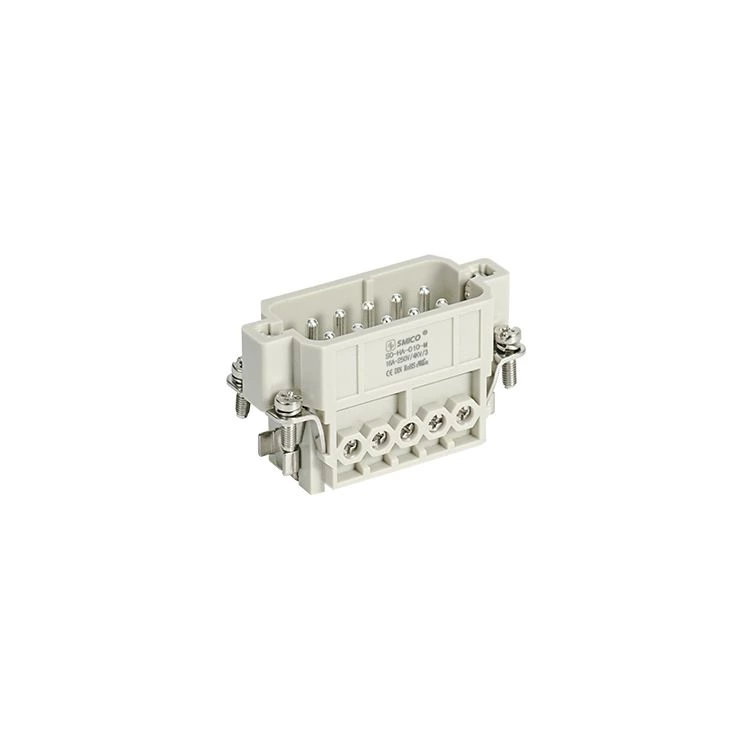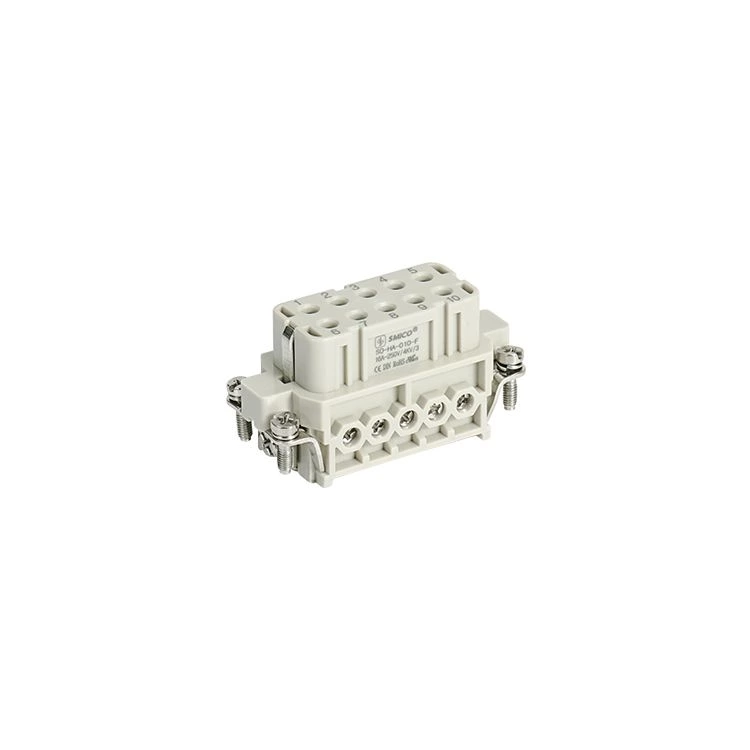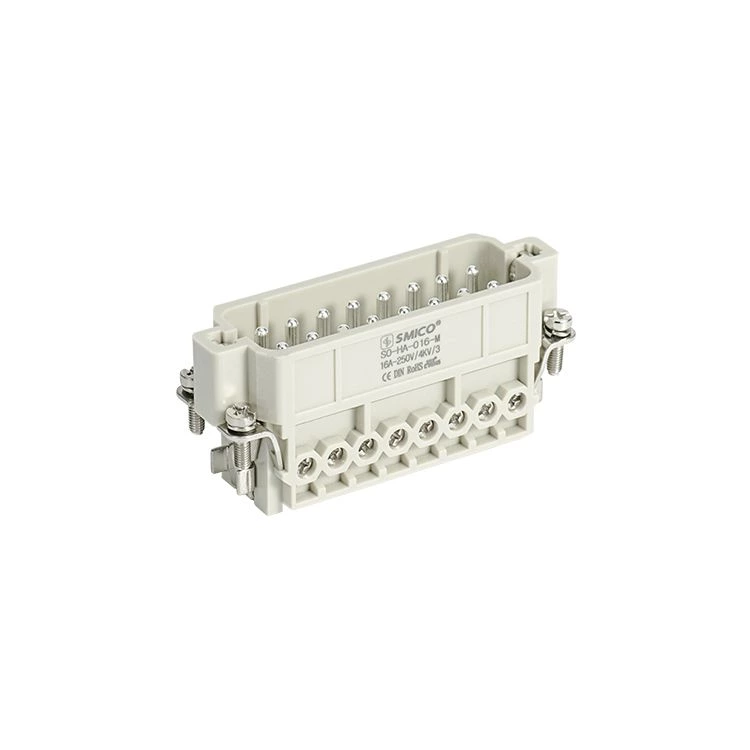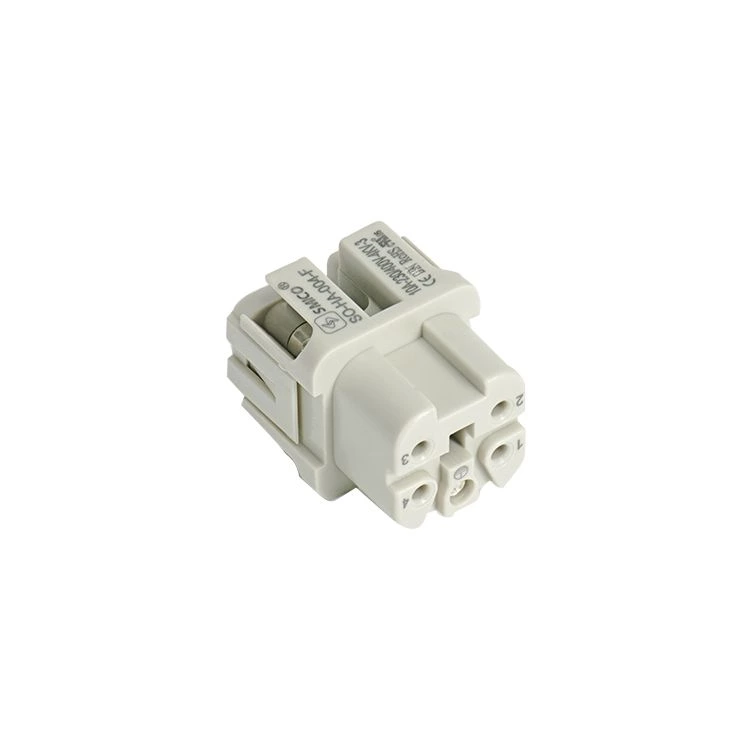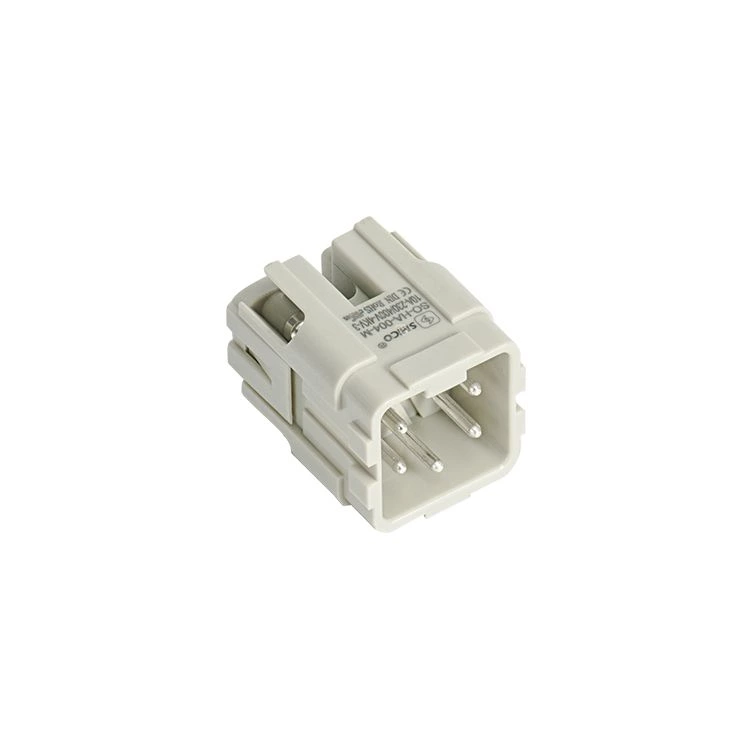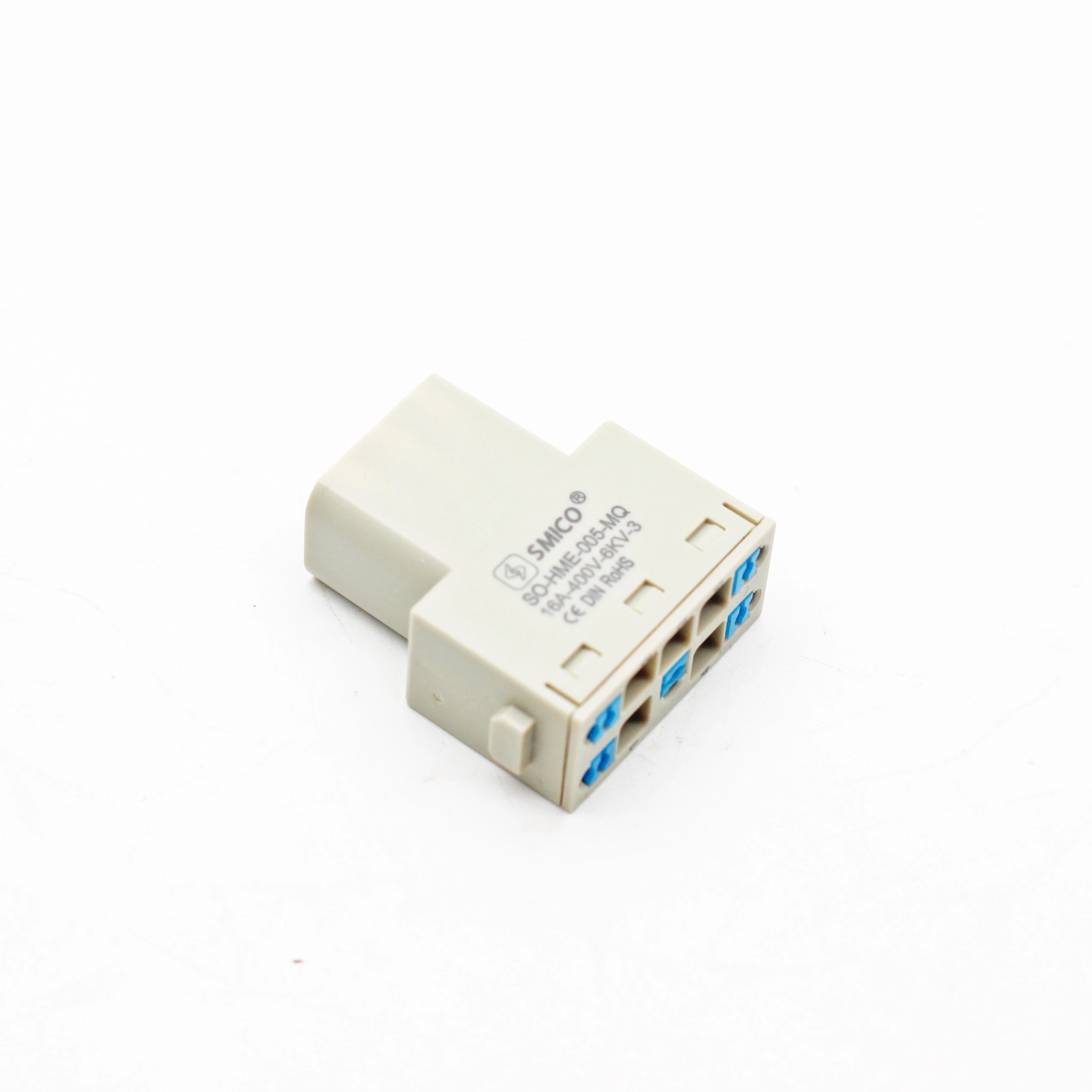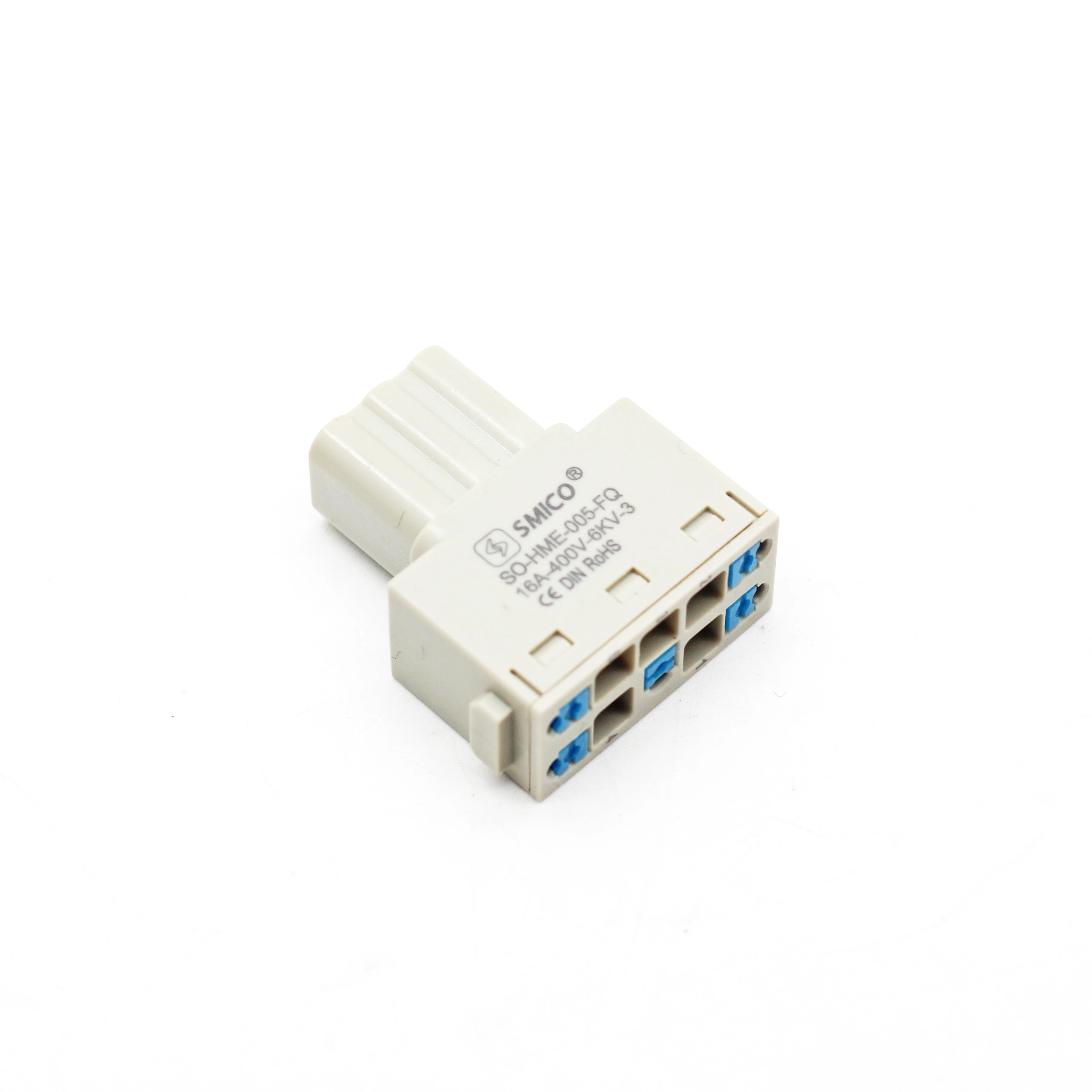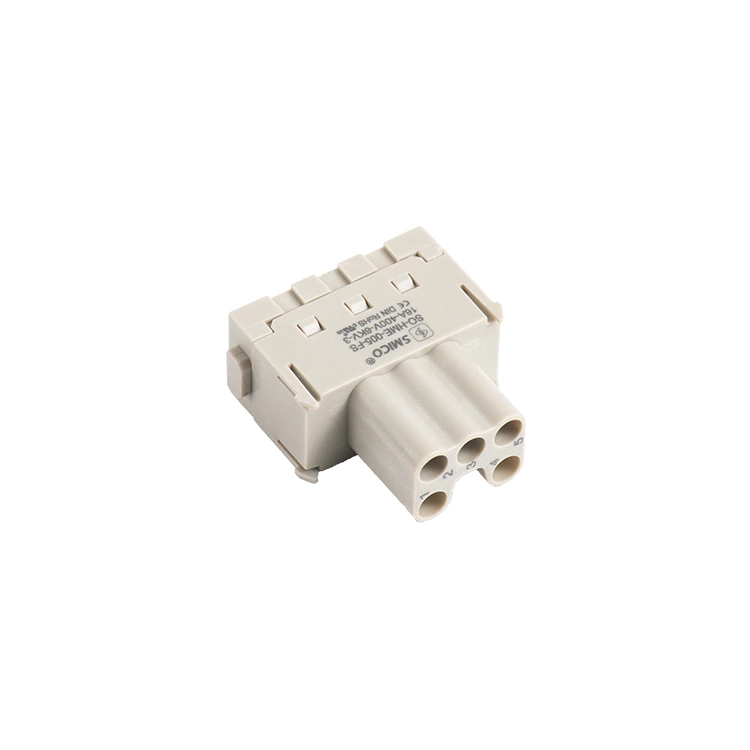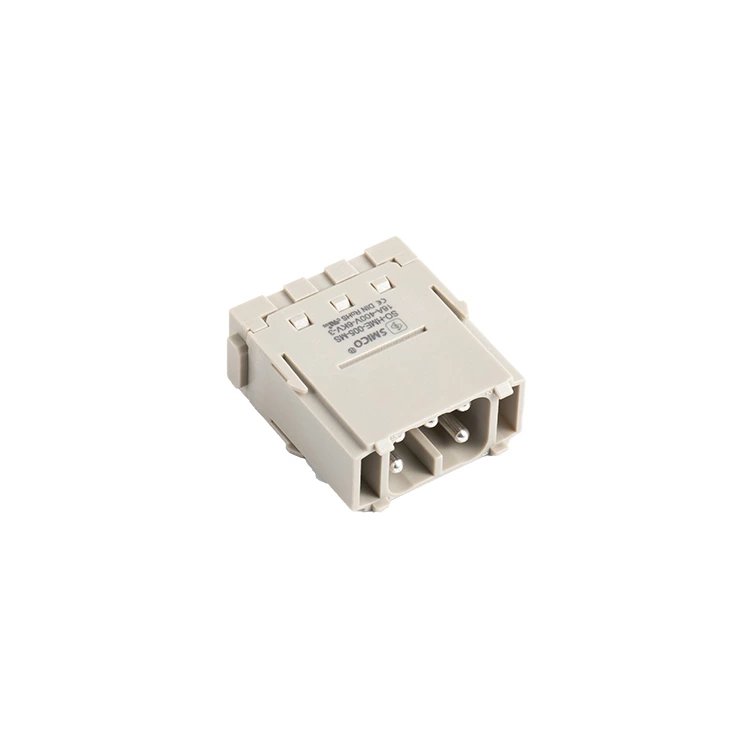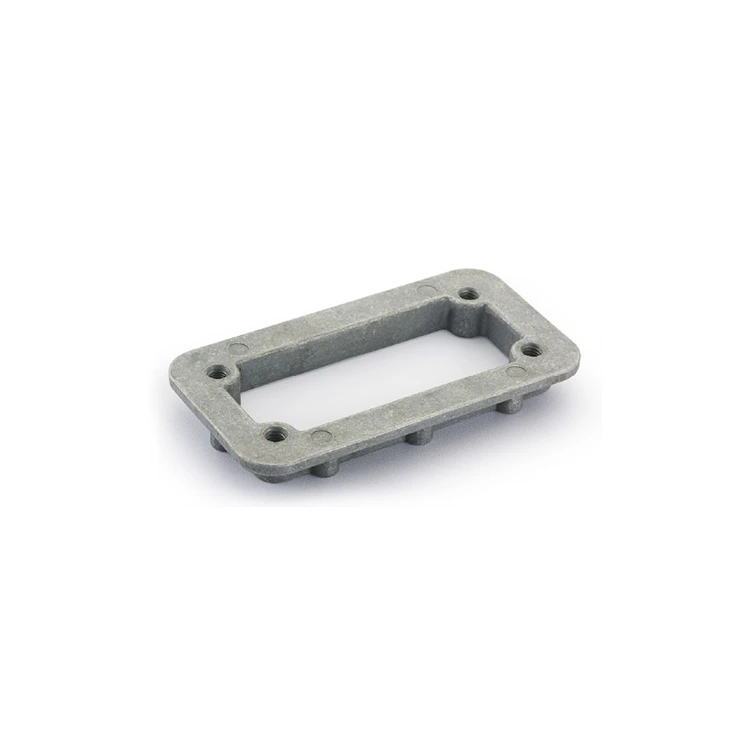Heavy-duty Connectors: An Important Bridge In The Industrial Field
In modern industrial and electronic equipment, connectors, as an important part of electronic components, play a key role in data transmission and power supply. Among them, Heavy Duty Connector is widely used in various high-load and high-demand occasions due to its excellent performance and durability. This article will explore the definition, characteristics, applications and future development trends of heavy-duty connectors.
1. Definition of heavy-duty connectors
Heavy-duty connectors, as the name suggests, refer to connectors that can withstand higher currents and voltages. They are usually designed for high-power devices and can work in harsh environments to ensure the stable operation of the equipment. The structure of such connectors is usually more robust and uses high-quality materials to resist mechanical shock, vibration, temperature changes and other external factors.
2. Characteristics of heavy-duty connectors
High durability: Heavy-duty connectors usually use metal shells and high-strength plastics with good impact resistance and corrosion resistance. This makes them perform well in industrial environments and can withstand high-intensity use.
Excellent conductivity: The contact material of heavy-duty connectors generally uses copper alloy or gold-plated materials to improve conductivity, reduce contact resistance, and ensure the stability of signal transmission.
Diverse designs: Heavy-duty connectors can be designed in a variety of forms, including round, rectangular and square, according to different application requirements, to adapt to different installation spaces and connection requirements.
Waterproof and dustproof function: Many heavy-duty connectors have good waterproof and dustproof capabilities, meet international protection standards such as IP67, and are suitable for outdoor and extreme environments.
3. Application areas of heavy-duty connectors
Heavy-duty connectors play an important role in many industries. The following are several main application areas:
Industrial automation: In automation equipment and robots, heavy-duty connectors are used for power and signal transmission to ensure efficient operation and stability of equipment.
Transportation industry: In cars, trains and aircraft, heavy-duty connectors are used to connect various sensors, power systems and control systems to ensure real-time transmission and processing of information.
Energy field: Heavy-duty connectors are widely used in wind power, solar energy and power systems to connect power generation equipment with the power grid to ensure efficient transmission of electrical energy.
